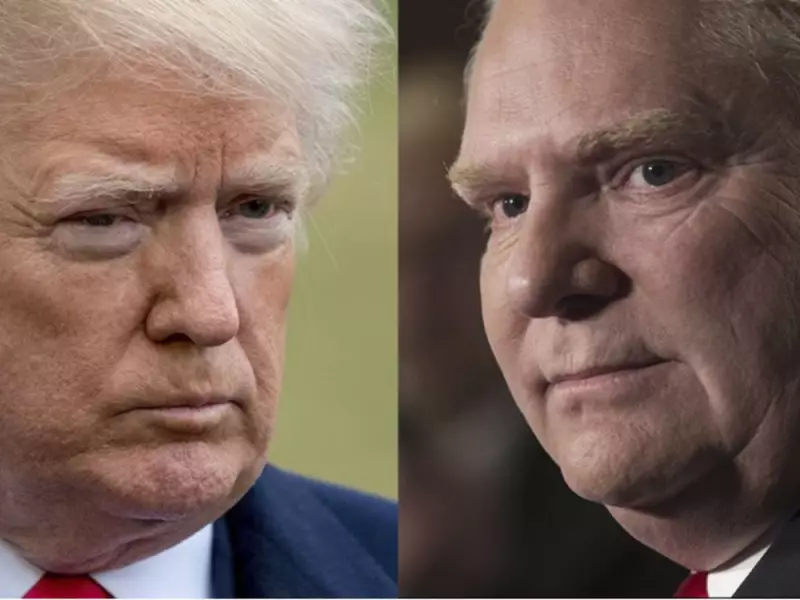
The political landscape between Canada and the United States has become increasingly turbulent as former President Donald Trump continues his verbal assaults on Canadian leadership and policies. This ongoing confrontation raises critical questions about the future of one of the world's most important bilateral relationships.
The Escalating Rhetoric
Recent weeks have witnessed a significant deterioration in diplomatic tone, with Trump launching multiple attacks targeting Canada's political establishment. The former president's comments have grown increasingly pointed, creating concern among policymakers on both sides of the border.
This isn't the first time Trump has targeted Canada during his political career. His previous administration saw numerous trade disputes and tense exchanges, particularly around NAFTA renegotiations. However, current observers note the rhetoric has become more personal and frequent.
Economic Implications for Both Nations
The economic relationship between Canada and the United States represents one of the largest trading partnerships globally, with nearly $2 billion in goods and services crossing the border daily. Continued political friction could jeopardize this vital economic connection.
Key areas of concern include:
- Potential disruptions to cross-border trade agreements
- Uncertainty for businesses operating in both countries
- Possible impacts on energy and agricultural exports
- Tourism and travel industry complications
Historical Context of Canada-U.S. Tensions
While the current situation appears volatile, diplomatic experts remind us that Canada-U.S. relations have weathered numerous storms throughout history. From trade disputes to policy disagreements, the relationship has demonstrated remarkable resilience.
Many analysts suggest that the fundamental alignment of values and shared interests between the two nations provides a strong foundation that can withstand temporary political friction. The depth of economic integration and people-to-people connections creates natural buffers against lasting damage.
Looking Forward: Short-Term Turbulence vs Long-Term Stability
Most political observers express cautious optimism that the current tensions represent a temporary phenomenon rather than a permanent shift. The institutional frameworks governing the relationship remain robust, and practical cooperation continues across multiple sectors despite the political noise.
The coming months will be crucial in determining whether this represents a brief diplomatic squall or the beginning of more fundamental changes in how the two neighbors interact on the world stage.
As both countries navigate this challenging period, the hope remains that cooler heads will prevail and the essential partnership will emerge strengthened rather than weakened by the current confrontations.





